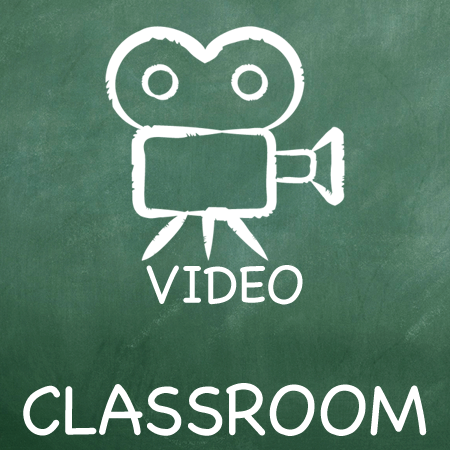
1) Error Correction
Many teachers hesitate to interrupt students in order to correct their grammar or pronunciation, as they feel that this could make them self-conscious. Thankfully, videos provide a great way of correcting errors without having to break the flow of a presentation of a conversation. You can always rewatch the recording and pause at the error. You can even get students to watch the video themselves and try to find errors.
2) Teach tenses
Another great idea is to use videos to practice tenses. Stop a video and ask students to guess what will happen next. They will have to use the future tense! Or you could practice present perfect by only playing audio and asking your students “what has he done?”.
3) Use digital tools to build learner autonomy
You could also try getting your students to make their own videos to help them become more independent. You could use iMovie, Shadow Puppet or WeVideo.
4) Give students a reason…and an audience!
Videos give students a reason to use English, which they can also share afterwards. So, you could make a music “festival” where students can share their films.
5) Create a sense of progress
Using videos can be great for showing progress. Watching a video from a month ago, students can notice errors that they no longer make, which will motivate them a great deal.
“Five top tips for using video with your learners”, Alastair Horne. Cambridge University Press, 5 April, 2017, P3
 Blog EBE English Book Education
Blog EBE English Book Education



